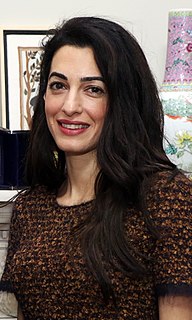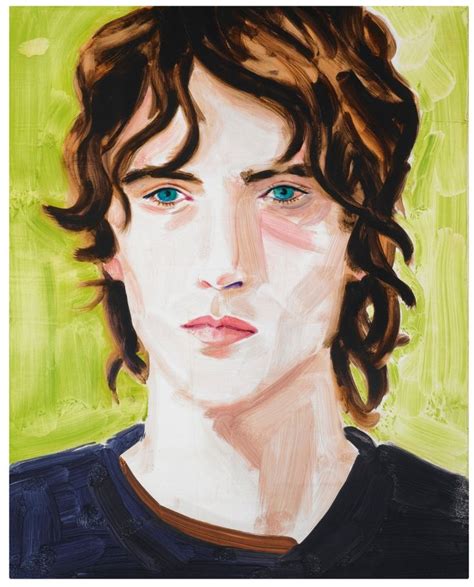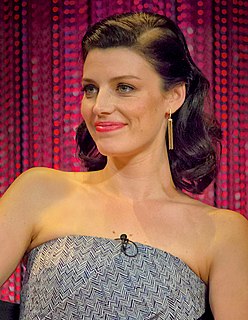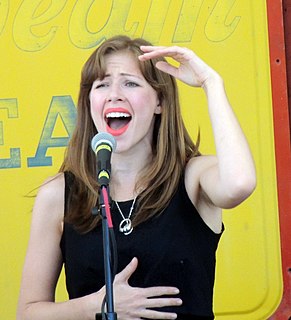A Quote by Amal Clooney
I think it's important for tourists to know the facts of what's happening in the Maldives. I don't think people realize that there's a flogging taking place a kilometer away when they're sunbathing in their resort.
Related Quotes
If enough people are sensitive to the tragedy of Tibet, I think it will produce a change politically as well. But furthermore, it's important for the people in Tibet. Now communication is such [that] people know what is happening. Even Tibetan people would know that the Interfaith or the international group of religious people - that everybody who is religious is taking up their cause. It would help them a lot if we give them courage, and that in itself is enough.
The longer I live the more I realize the impact of attitude on life. Attitude, to me, is more important than facts. It is more important than the past, than education, than money, than circumstances, than failures, than successes, than what other people think or say or do. It is more important than appearance, giftedness or skill. It will make or break a company . . . a church . . . a home.
One of the experiences of prayer is that it seems that nothing happens. But when you start with it and look back over a long period of prayer, you suddenly realize that something has happened. What is most close, most intimate, most present, often cannot be experienced directly but only with a certain distance. When I think that I am only distracted, just wasting my time, something is happening too Immediate for knowing, understanding, and experiencing. Only in retrospect do I realize that something very important has taken place.





































